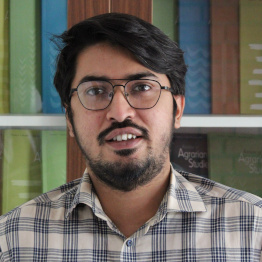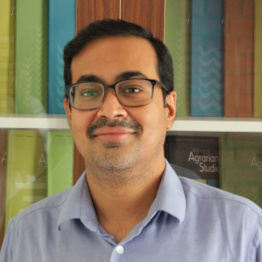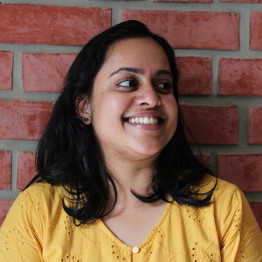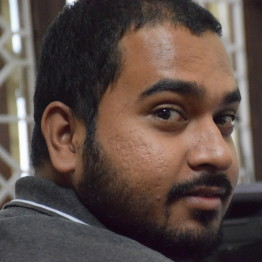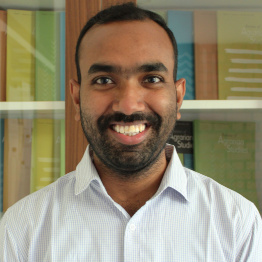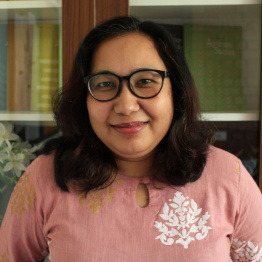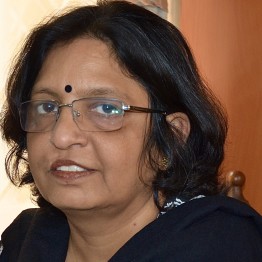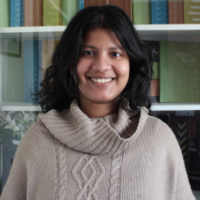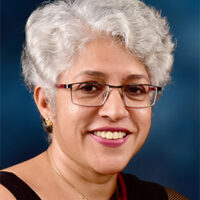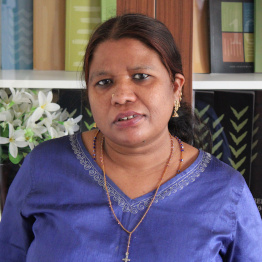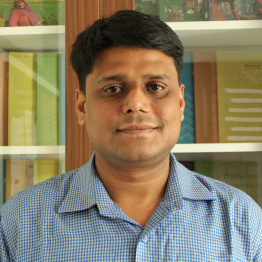Workshop on Contemporary Issues in Rural India – Day 1
The second FAS Young Scholars’ Workshop began on March 1, 2019, at 10 AM., at the auditorium of the M S Swaminathan Research Foundation, Chennai. The programme began with a brief introduction to the activities of the FAS by Sandipan Baksi. The first session of the Workshop began with a talk by Madhura Swaminathan on agricultural growth and inequality. Madhura discussed in detail the different phases of agricultural growth in India. The quantum leap in yields of cereals achieved as a result of the introduction of high yielding variety seeds, along with chemical fertilizers and water, came out clearly from her presentation. The Green Revolution, however, as she highlighted, suffered from a bias in terms of region, crops, and classes. The benefits of the new technology were confined to cereal crops in selected States. The last section of her presentation underlined the high and rising inequality in the Indian countryside.
Surjit Vikraman’s presentation began with a discussion on the definition, and importance of farm incomes. He traced the evolution of the study of farm economy since the first decade of the twentieth century. He discussed in detail the “Comprehensive Scheme for Studying Cost of Cultivation of Principal Crops in Inida (CCPC),” including the components of cost A2. Using data from CCPC, Surjit showed that the levels of farm incomes increased between pre- and post- Green Revolution periods, and that the growth in farm incomes decelerated during the period after financial liberalization. Highlighting the unequal distribution of farm incomes, he concluded, that the small and marginal holdings were affected by the agrarian crisis in the post liberalization period. The presentation concluded by underlining some methodological issues in the CCPC scheme, issues that, he claimed, have long been identified, but have not been addressed comprehensively.
Venkatesh Atherya’s presentation gave the political economy background to developments in India’s agrarian economy since independence. He emphasized the role of State intervention in bringing about the Green Revolution. State support to agriculture, however, he argued, has been drastically withdrawn in the era of economic liberalization, leading to a deep agrarian crisis in the last few decades.
The post-lunch session began with a detailed review of different perspectives on natural resource management by R. Balasubramanian. He deliberated upon the objective of natural resource economics and the macro-economic issues that continue to haunt the subject. This was followed by an exposition of the applications of transgenic technologies and CRISPR technologies by K.K. Narayanan. He described the various mechanisms by which humans have historically been modifying the genetic makeup of plants and animals. The science of genetics, he asserted, is an extension of this line of human intervention which allows for greater precision. T. Jayaraman, the chair of the session, summed up the discussion by the two presenters. He briefly touched upon Marx’s distinct contribution to the understanding of the human-Nature relationship. For Marx, informed Jayaraman, the way forward to the correct appreciation of the human-Nature relationship was through the further development of science as well as by overcoming a social and economic order that was founded on the relentless exploitation of soil and labour.
The last session for the day was on the Project on Agrarian relations in India (PARI). It began with a brief introduction to the conceptual framework that informs PARI, and a detailed presentation of the method and questionnaire of PARI by Arindam Das. This was followed by Abhinav Kapoor and Deepak Johnson explaining the data exercise that has been designed for participants. The participants were divided into 10 groups. These groups will present their findings at the last session on March 2, 2019.
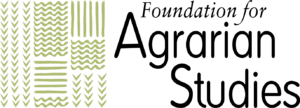









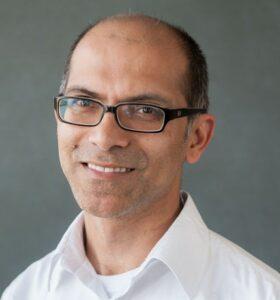
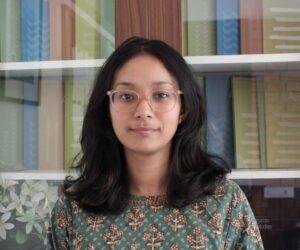

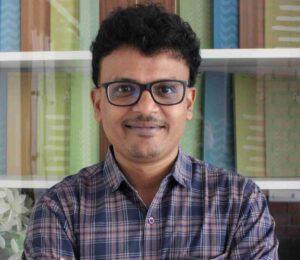
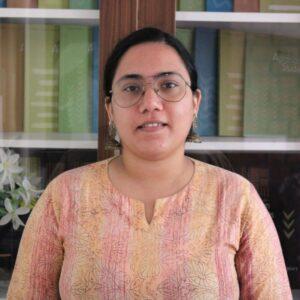

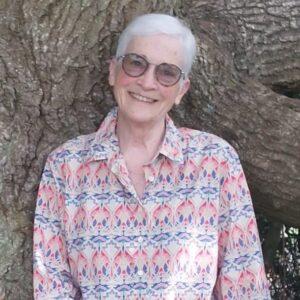




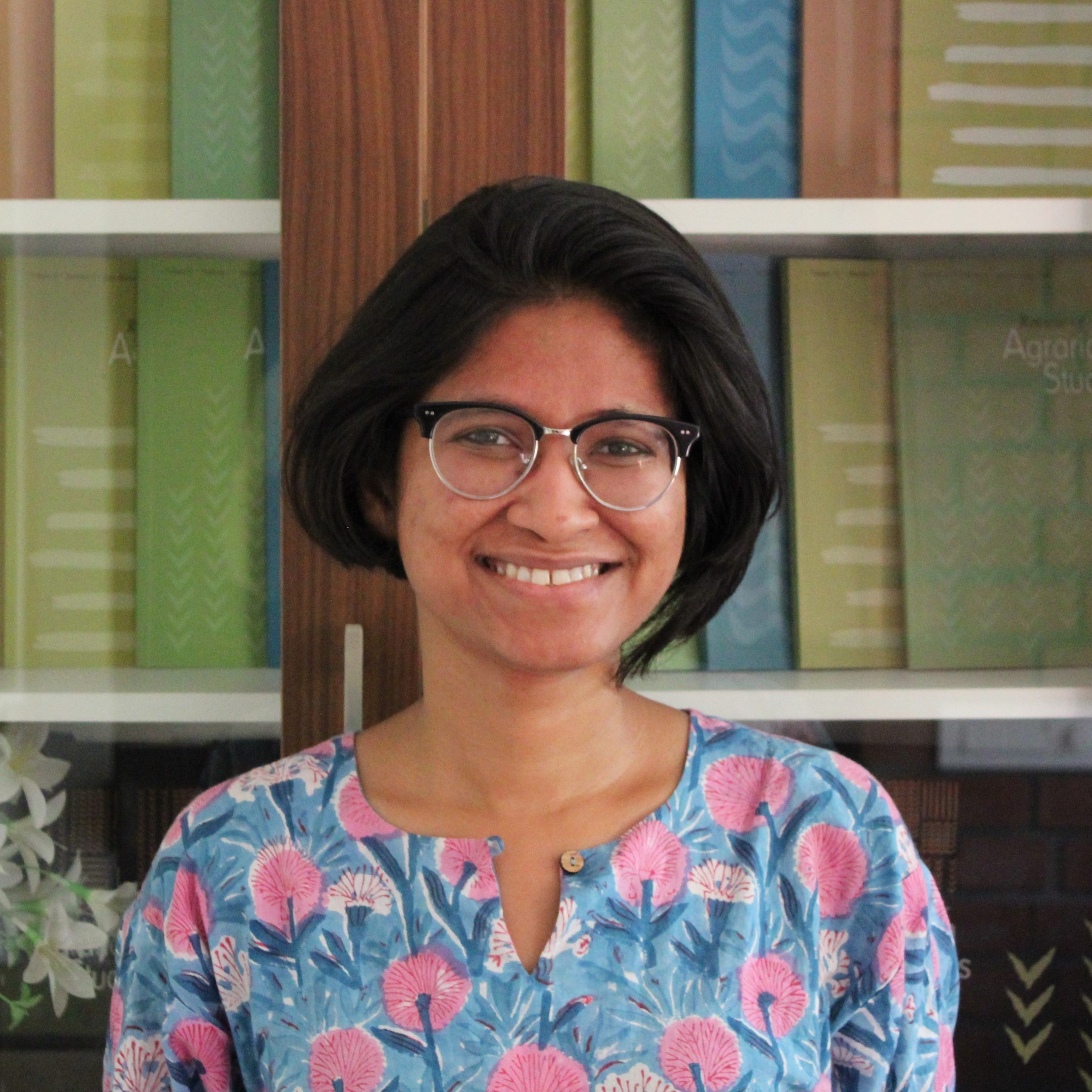
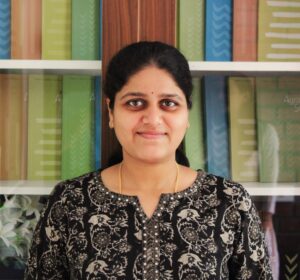
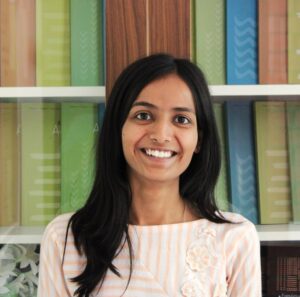
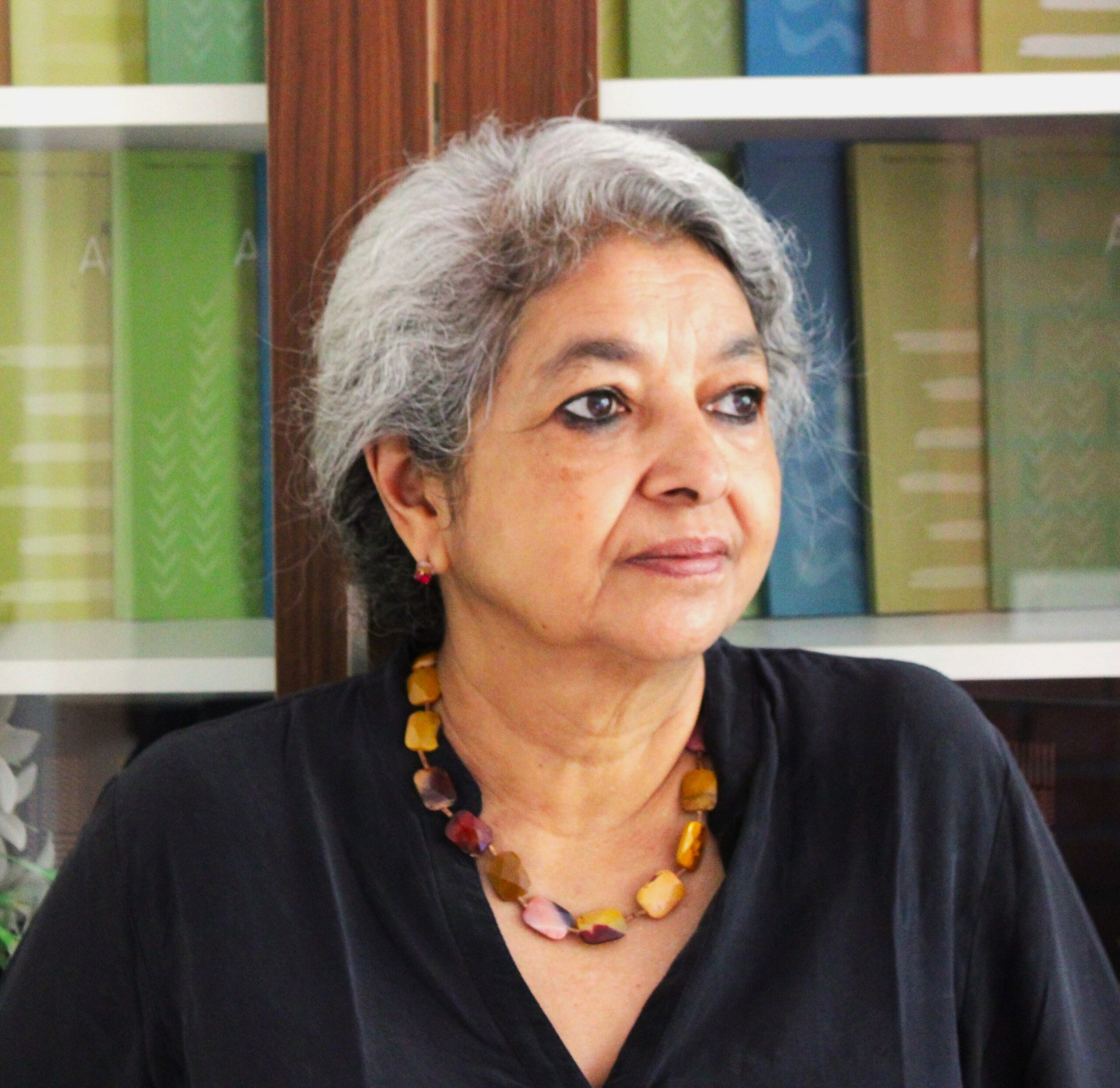
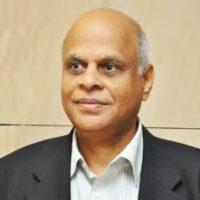





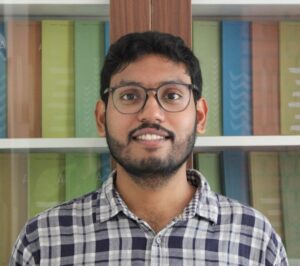

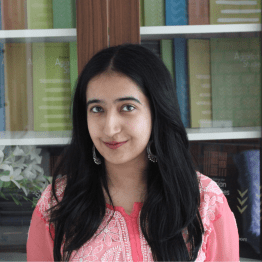
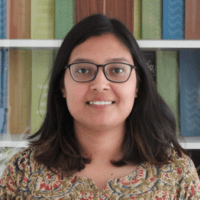
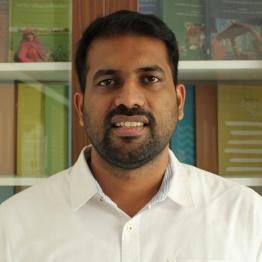


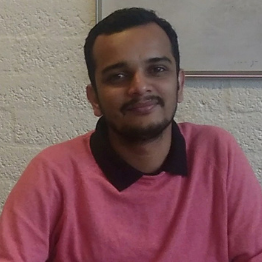

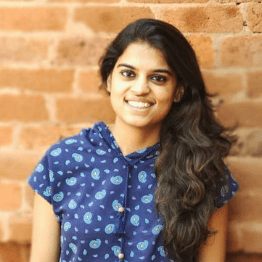


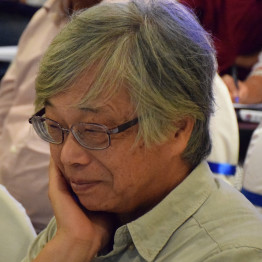
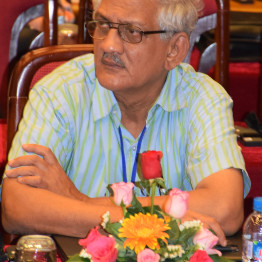
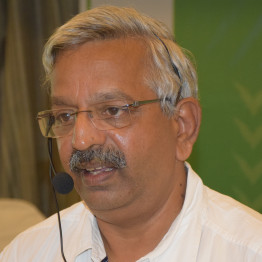

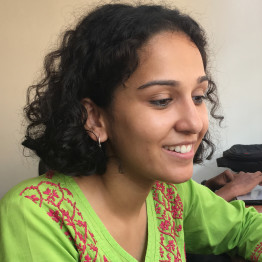
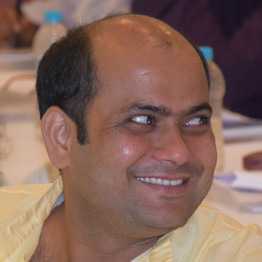

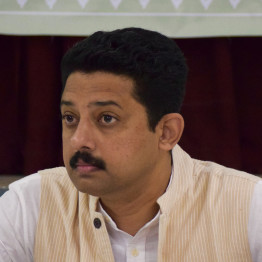

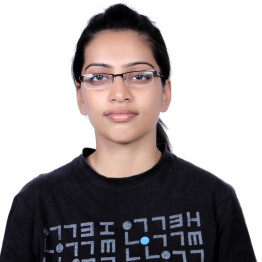
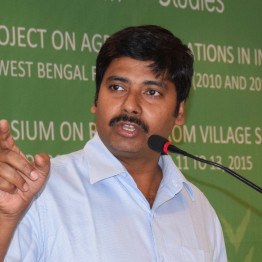
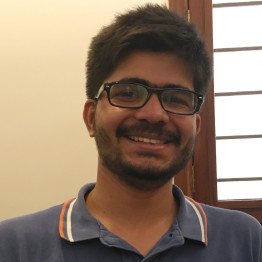
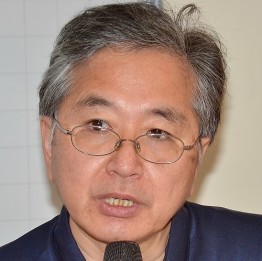

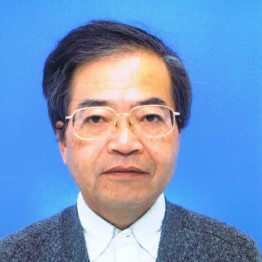
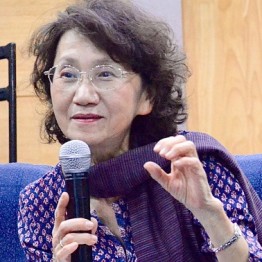

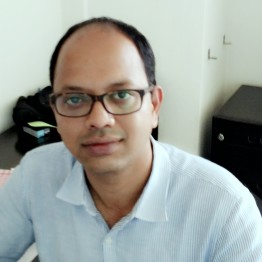

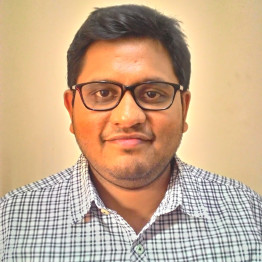
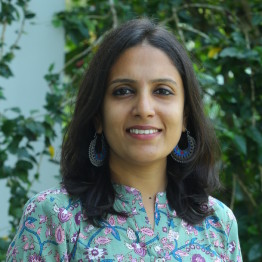
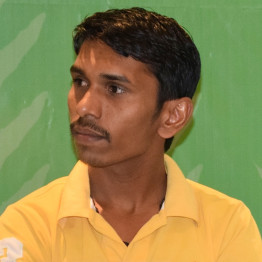
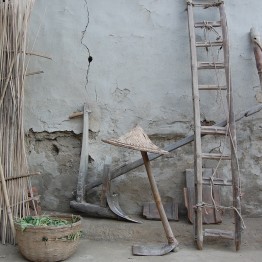
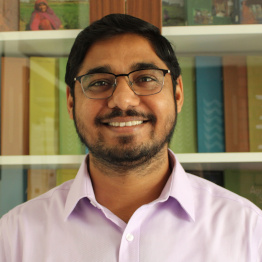
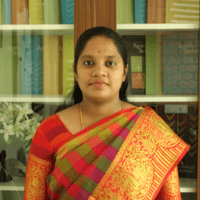 Sudha is an Administrative Assistant of the Foundation. She assists the administrative division of the Foundation and also has taken part in fieldwork organised by the Foundation.
Sudha is an Administrative Assistant of the Foundation. She assists the administrative division of the Foundation and also has taken part in fieldwork organised by the Foundation.
